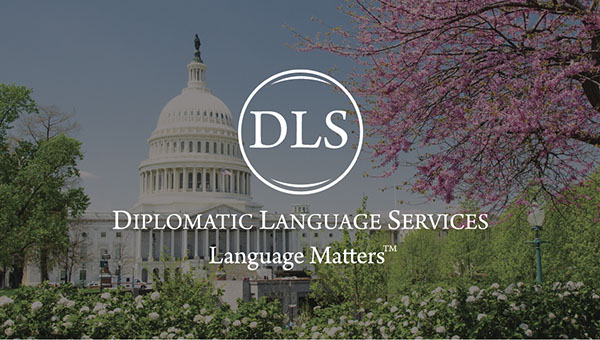Many international agencies and universities require the translations of their documents to be certified. The United States, however, does not have a universal certification program for translators. Therefore, a certified translation consists of the following:
– Translation of the document
– A written statement from the linguist indicating that the translation is accurate. This statement is notarized.
A linguist does not need to have a specific license to provide a certification and simply providing this statement is the only act required for a translation to be certified. When the document is notarized, it is only certifying that the signature on the document is of the person who presented it.
As you can see, a certification does not do a great deal to ensure that a translation is any more accurate than it would be otherwise. Since the United States does not have a certification board for translators, a certified translation really does not carry a great deal of value other than creating a legal record of the translation.
When are Certified Translations required?
Certification is often required for legal translations where the document is used as evidence in a trial. It is also required at foreign universities when transcripts and diplomas are translated. Since a certified translation is required to be notarized, it is often best to seek out a translation company rather than requesting a certification from an individual translator.
Do you have Translation or Interpretation needs? Find out more about DLS' Translation and Interpretation department HERE.



